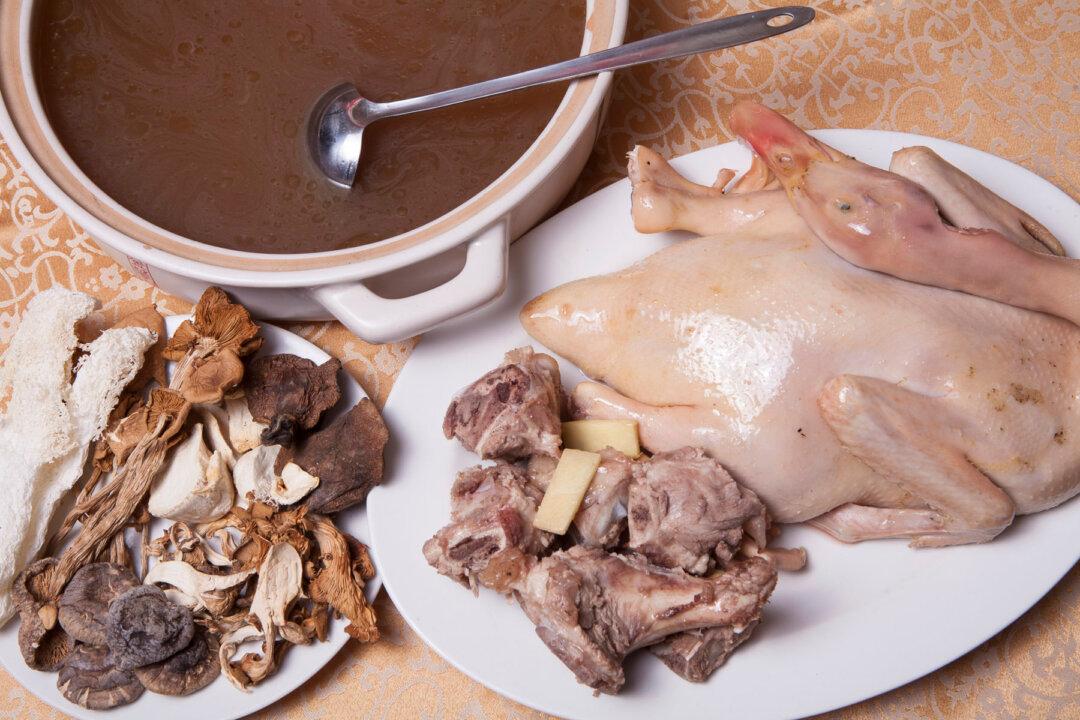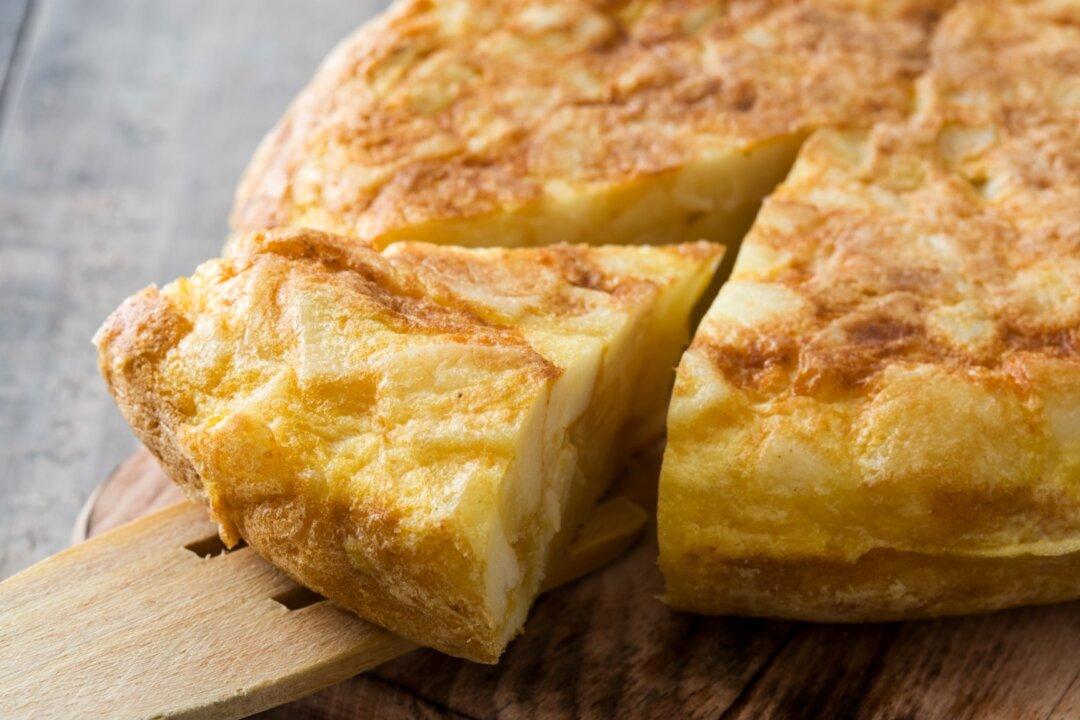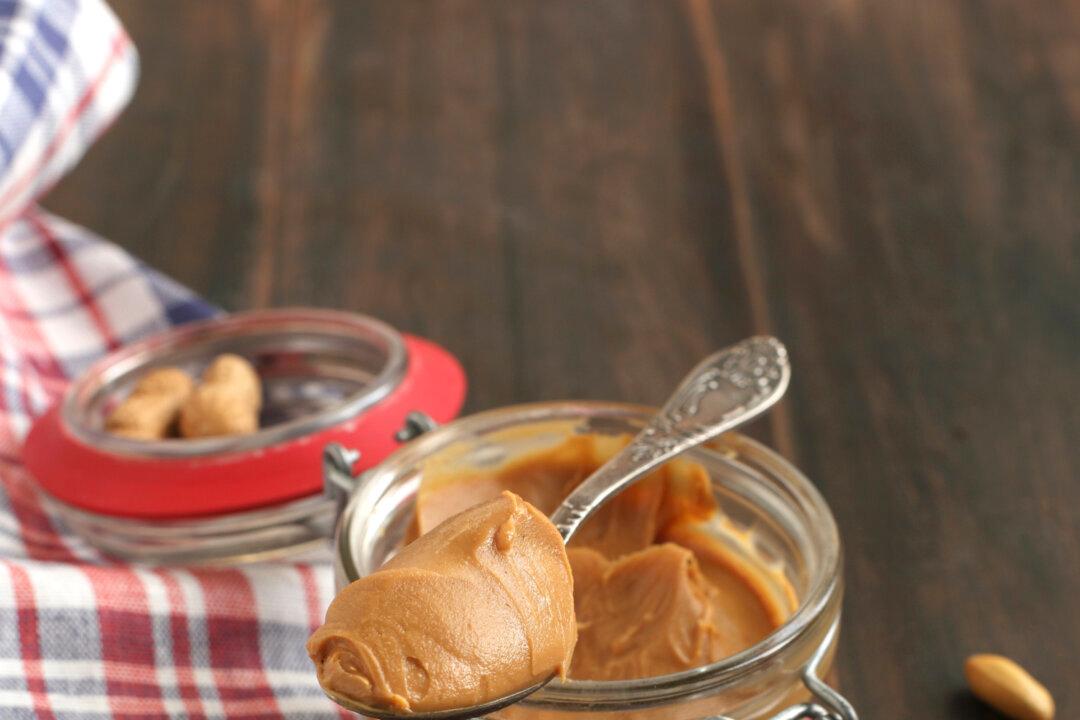During the winter months, there is nothing more tasty or satisfying than a bowl of wholesome homemade soup. It warms the heart, the body, and the spirit.
With ingredients such as fresh vegetables, grains, legumes, spices, and sometimes meat, homemade soup can be a nutritious meal packed with vitamins, minerals, and other phytonutrients. Because it’s boiled, slow-simmered, or pressure-cooked, soup can be a much healthier alternative to fried or grilled food.
Too often, soup gets a bad reputation because of its high sodium count. As far as commercial store-bought soups are concerned, that’s mostly true. But if you make it yourself, it’s much easier to regulate the sodium and fat content.
Although some ducks are farm raised, many are still purchased as wild game. From the natural perspective, ducks have typically retained their natural characteristics over the years due to feeding in their natural habitat, having free range, and being devoid of any artificial growth hormones and/or antibiotics.
For any soup, you have to start with a stock. There are two basic ways to make a duck stock and it really depends on personal preference and the amount of time you have.
The least time-consuming method (and probably also the least flavourful) is to cook the duck directly in the soup pot by boiling it. A completely thawed, medium-size duck will be cooked and falling off the bone in about three hours.
At that point, you can remove the duck from the water and debone or quarter it (optional), skim off the fat (optional), add veggies and spices (and duck meat or quarter duck) to the broth and simmer for another hour or two, salt to taste, and serve when ready.
Roasting the duck first takes a little more time. However, there are several advantages to this method. As the duck roasts, the fat will drip away and all of the natural flavours are brought out as the skin, fat, and any sugars caramelize in the oven or rotisserie.
When it’s finished roasting and the meat is eaten, you can make soup stock out of the leftover carcass. The carcass consists of nutrient- and flavour-filled bones that are great for making soup stock.
To make the stock, place the bones back in the oven on 180º C (350º F) heat until slightly brown. Remove and let cool. Break each of the bones so that the marrow can get out.
Bring five litres of water to a boil, add the broken, caramelized duck bones to the water along with a tablespoon of salt, and bring to a boil. In about two hours you will have soup stock. The longer it boils, the richer the flavour. When you feel the flavour is to your satisfaction, remove the bones.
At this point, it is just stock. It is not yet soup. You can immediately make it into soup or remove the stock from the heat, let cool, and then freeze until you’re ready to use it.
Duck Soup
2 medium-sized yellow onions (sliced)
3 bulbs garlic (pulverized)
5 litres (5 quarts) duck stock
Cooked meat from medium-sized duck (optional)
250 ml (1 cup) carrots (sliced or chopped)
250 ml (1 cup) celery (sliced thinly)
40 ml (3 tbsp) salt or to taste
15 ml (1 tbsp) black pepper
40 ml (3 tbsp) parsley or thyme
15 ml (1 tbsp) Herbs de Provence
5 ml (1 tsp) savory
5 ml (1 tsp) chervil
5 ml (1 tsp) French Four Spice (see note)
40 ml (3 tbsp) butter
Sauté the onions and garlic in a medium saucepan until golden brown. Put the stock in a large pot and bring to a boil, then reduce to a simmer and add the sautéed onions and garlic. Combine the rest of the ingredients and stir them in. Simmer on medium to low heat for two hours. Adjust spices to taste. Enjoy!
Note: To make your own French Four Spice visit www.epicurious.com
Correction: A previous version of this article displayed an incorrect picture. Epoch Times regrets the error.





